Keywords: Fatima Measham
There are more than 200 results, only the first 200 are displayed here.
-

AUSTRALIA
- Fatima Measham
- 26 May 2015
16 Comments
Most people think that the effects of climate change as dire but far off. I don't have that comfort. My seafarer father plays a role in generating wealth for miners who then use it as a means to influence politicians - coal, industrial salt, iron ore. I am deeply aware that my government is committed to doing as little as possible to address climate change and its lack of a coherent, internationalist policy in Australia costs countries that are climate change-vulnerable, including where my family lives back in the Philippines.
READ MORE 
-
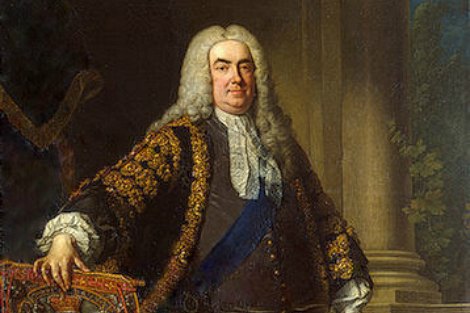
AUSTRALIA
- Fatima Measham
- 12 May 2015
3 Comments
The practice of presenting the budget to parliament came out of a crisis. In 1733, British Prime Minister Robert Walpole's announced plan to impose an excise tax on wine and tobacco was met with outrage. It reflects the reality that budget presentation did not start out as a neutral exercise in transparency but rather a mishandled piece of political communication.
READ MORE 
-

AUSTRALIA
- Fatima Measham
- 20 April 2015
65 Comments
Since John Howard promoted the memory of 25 April 2015 in the years after 9/11, it has become entrenched in the public imagination as the definitive Australian moment. I look upon it from a distance, in awe, and as the deification of the white male soldier continues apace, with a deeper sense of alienation. As a non-white Australian who migrated to this country from the Philippines, I did try to make it relevant for myself for a while.
READ MORE 
-
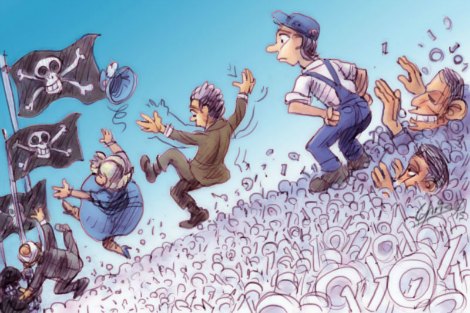
AUSTRALIA
- Fatima Measham
- 25 March 2015
6 Comments
Mandatory data retention was a bad idea when it was originally floated during a Gillard Government inquiry. It is a worse idea now, and is set to become law for political reasons, not because it has been properly scrutinised. There are important questions that we should be asking, and we should not let ourselves be put off from doing this if we don’t know the difference between data and metadata (there is none).
READ MORE 
-
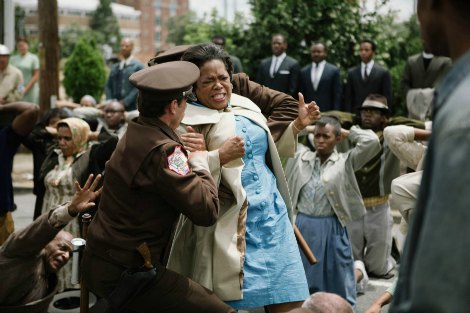
MEDIA
- Fatima Measham
- 20 February 2015
13 Comments
It is hard to escape the impression that even in 2015 the only black characters that the American film industry can reward are maids, slaves or dysfunctional urban archetypes, in stories where there is an identifiable white saviour. Any triumphs are of the spirit, of personal fortitude, nothing that compels social responsibility, invokes political will or even a sense of historical reckoning.
READ MORE 
-
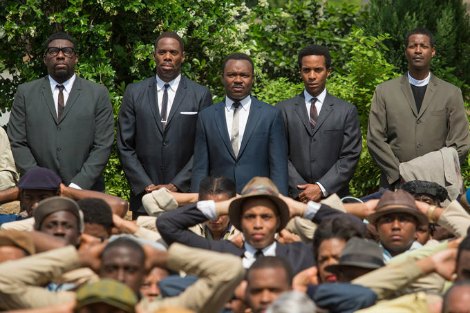
ARTS AND CULTURE
- Tim Kroenert
- 19 February 2015
1 Comment
The theme song from Selma references Rosa Parks and Ferguson in the same breath. Indeed this is a powerful period drama that resonates loudly in a modern age where the injustice against which Martin Luther King raged continues to haunt Black America. Oyelowo's King is charismatic and proud, but plagued by doubts and capable of great sadness when even one of his followers falls in the midst of the struggle.
READ MORE 
-

MEDIA
- Fatima Measham
- 08 December 2014
6 Comments
Death loses its abstraction when a person like Stella Young dies. It becomes material. It makes itself manifest in the silence, which it somehow solidifies: the unwritten word, the unspoken retort, the unmade joke. 'Disability doesn't make you exceptional,' she told a TED audience in Sydney last April. 'But questioning what you think you know about it does.' Stella flipped what we thought we knew about many things.
READ MORE 
-
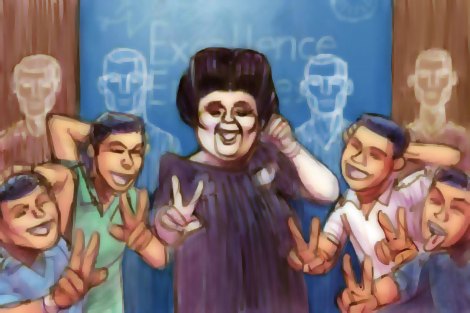
INTERNATIONAL
- Fatima Measham
- 29 August 2014
7 Comments
As the world marks the International Day of the Victims of Enforced Disappearance on August 30, new generations of Filipinos find it hard to grasp what it meant to express dissent when Ferdinand Marcos was president. Some assert that, compared to the current standard of governance and politics, life must have been better under Marcos. Such perceptions are validated when trusted institutions invite Imelda Marcos as guest of honour.
READ MORE 
-
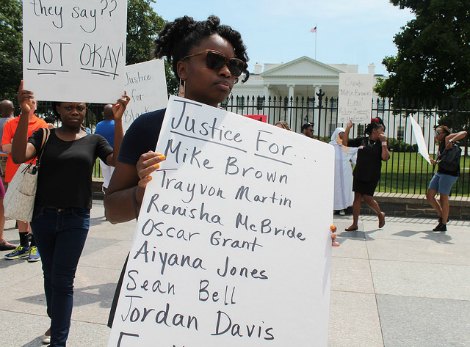
INTERNATIONAL
- Fatima Measham
- 22 August 2014
7 Comments
The lack of restraint on Wilson's part, the indignity that shrouded Brown's body long after his death, the disproportionate force deployed against protestors and journalists in the aftermath – this has become the canvas upon which the long grievance of racialised oppression has found vivid expression.
READ MORE 
-
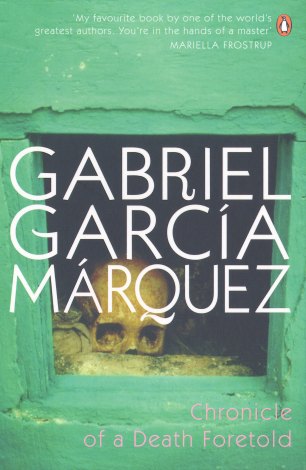
AUSTRALIA
- Fatima Measham
- 13 June 2014
5 Comments
As I take in the submissions presented to the Senate inquiry into the Manus Island riots, I am reminded of Gabriel Garcia Marquez' Chronicle of a Death Foretold. In it, nearly the entire town knew of Santiago Nasar's impending death; his assassins had made a point of divulging their intent to everyone they met over the course of the day. The prevailing impression from the Senate inquiry is one of similar inevitability and complicity.
READ MORE 
-
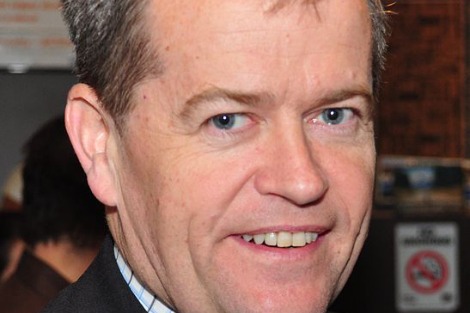
AUSTRALIA
- Fatima Measham
- 19 May 2014
16 Comments
Notwithstanding Kevin Rudd's merit as a candidate, there is no doubt that the unions-led campaign against WorkChoices was pivotal to handing government to Labor. What Bill Shorten has been handed this week in the Federal Budget is several WorkChoices with which to galvanise people. He needed it. His Budget reply offered a glimpse of the sort of Opposition Leader that Australians deserve.
READ MORE 
-
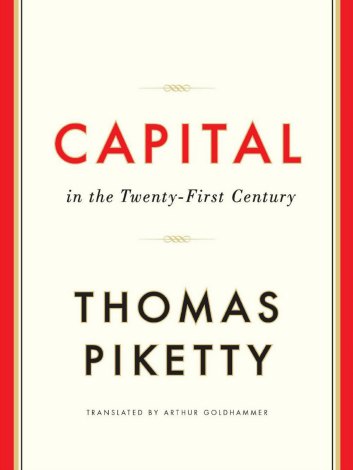
ECONOMICS
- Fatima Measham
- 07 May 2014
16 Comments
French economist Thomas Piketty argues that current conditions have set us on track for a return to 19th century-levels of inequality. The Commission of Audit proposals suggest that the auditors and the Government are keen to expedite this neo-Dickensian era. It's all done in the name of 'incentives' toward 'personal responsibility', but this cannot remain coherent in the face of those who will be hit hard by the proposed suite of cuts and co-payments.
READ MORE 